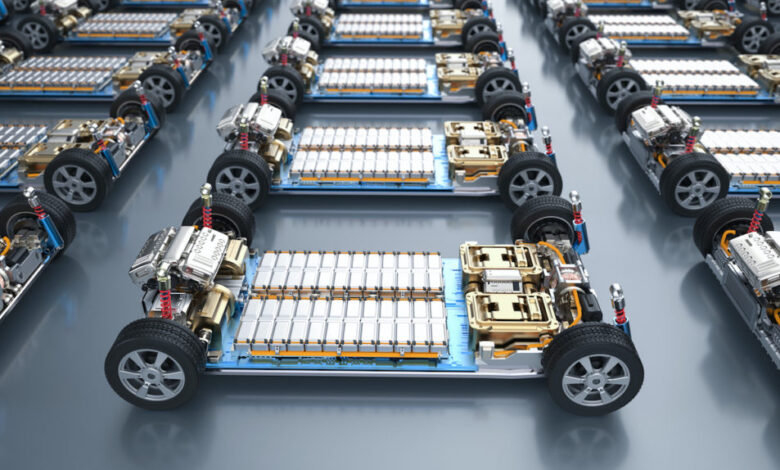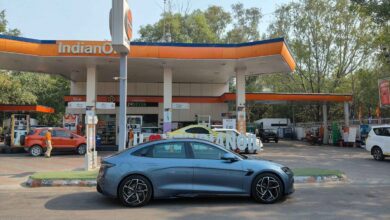The EV Industry’s Main Bottleneck: The Critical Mineral Supply Chain

The electric vehicle market is on the rise, with experts predicting that EVs could account for up to 86% of global vehicle sales in 2030. The surge is being driven by a growing awareness of the environmental impact of traditional gasoline-powered vehicles, as well as government incentives for cleaner transportation options.
Yet a hidden vulnerability threatens to derail this clean transportation revolution: the critical mineral supply chain. EV batteries rely on metals and minerals such as lithium, cobalt and nickel, but sourcing them is becoming a major bottleneck in the race to electrify. This widespread demand puts a strain on resources and could hinder the progress of EVs.
The surging demand for batteries to power our everyday devices makes it increasingly difficult to secure a reliable source of crucial minerals. It’s estimated that by 2030, the global economy could face a 46% gap between supply and demand for lithium, 20% for nickel and 30% for cobalt. Recycling can help reduce this gap, while also increasing a domestic battery supply chain.
The extraction of minerals and metals often involves practices that damage and pollute the environment. What’s more, the critical metals used in batteries are finite resources. The increased demand for EV batteries and consumer electronics such as smartphones and laptops places immense pressure on supplies, and raises concerns about long-term resource scarcity.
That’s where battery recycling offers a promising solution. Recycled content will play an increasingly important role in the critical mineral supply. According to a Benchmark Minerals Intelligence forecast published in the fourth quarter of 2023, recycled materials are expected to supply 34% of global lithium demand by 2040, as well as 12% of nickel and 40% of cobalt. This shift toward a circular economy for critical minerals offers a promising solution to mitigating the challenges of the current minerals supply chain.
With the growth of automotive and high-tech industries over the next few years, challenges in the mineral supply chain could threaten ambitious climate goals that EV adoption is meant to push forward. As part of climate change initiatives, President Biden set goals to achieve a net-zero emissions economy by 2050, and EV adoption is a critical part of achieving this goal. The Inflation Reduction Act (IRA) and other government initiatives aim to address climate challenges by providing tax credits and grants that incentivize domestic mining practices and circular battery supply chains.
The price of EV batteries is a major hurdle holding manufacturers back from scaling EV production, and hindering consumers from switching from their gas-powered cars. Unreliable access to critical minerals creates a bottleneck, hindering the growth potential of the EV industry and limiting production capacity for automakers.
Battery recycling technologies offer a solution that ensures a reliable, domestic supply chain of critical minerals. They can also help create a more sustainable way of sourcing nonrenewable critical resources, to power a transition to clean energy.
Recycling batteries isn’t just about securing a steady supply of critical minerals; it’s also about protecting the environment from the harmful consequences of improper disposal. Toxic chemicals from dead batteries can leach into and pollute soil and waterways. Improper disposal can even lead to thermal events in landfills.
Close collaboration between battery recyclers and original equipment manufacturers is essential to ensuring an efficient collection and processing system for existing batteries. Establishment of a recycling infrastructure is crucial for reducing dependence on foreign sources and building a domestic supply chain. By working together with players from across the supply chain, we can foster a true circular economy for EV batteries.
Anna Lo is vice president of supply chain and business excellence at Cirba Solutions.



